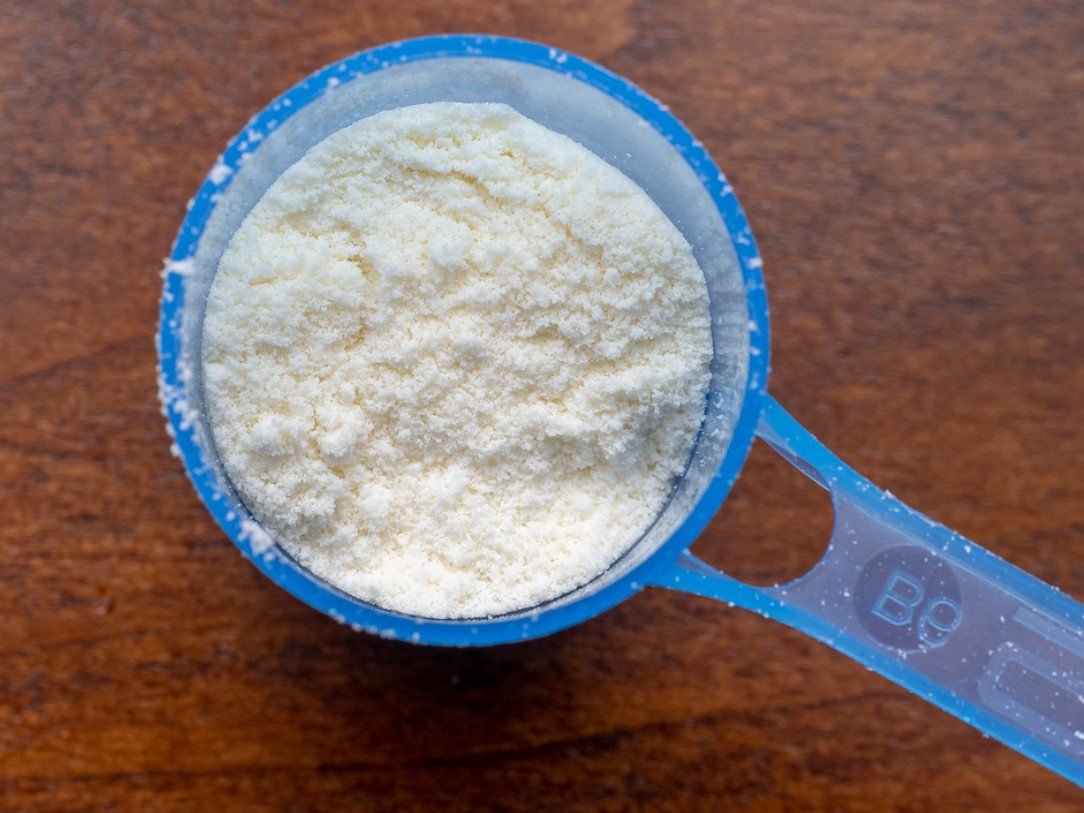The Competition and Markets Authority (CMA) has announced that it will conduct a market study into the supply of infant formula in the UK, following its initial findings that the average price of infant formula had risen by 25% over the past two years. The CMA said that it was concerned that parents did not have enough information and choice, and that suppliers did not face enough competition, in the infant formula market.
CMA to Investigate Consumer Behaviour and Regulatory Framework in Infant Formula Market
The CMA said that it had decided to launch a market study, rather than a market investigation, as it would allow it to use its compulsory information gathering powers, rather than rely on voluntary submissions from firms. The CMA also said that any recommendations to the government resulting from the market study would have a formal status.
The CMA said that its market study would gather additional evidence on:
- consumer behaviour, the drivers of choice, and the information and advice available to consumers to support their decisions
- the role of the regulatory framework and its enforcement in influencing market outcomes
- the supply-side features of the market, such as barriers to entry and expansion
The CMA said that it would then consider whether there were any problems in the market, and if so, what actions could or should be taken to address them. This could include making recommendations to the government, such as on the regulations governing how infant formula is marketed, or on the information provided to parents to help them choose an infant formula brand.
The CMA said that it intended to conduct the market study as swiftly as possible, and to publish a final report by September 2024.

CMA to Address Cost of Living Pressures in the Groceries Sector
The market study into infant formula is part of the CMA’s ongoing work to contain cost of living pressures in the groceries sector. The CMA said that it had identified infant formula as one of the products that had seen significant price increases over the past two years, and that had a high impact on household budgets.
The CMA said that it had found that the average price of infant formula had risen by 25% between October 2021 and October 2023, from £10.50 to £13.10 per 800g tin. The CMA also said that it had found that parents could save more than £500 over the first year of a baby’s life, by switching to cheaper infant formula options.
The CMA said that it had received feedback from parents, consumer groups, and health professionals, who had raised concerns about the lack of transparency and competition in the infant formula market. The CMA said that it had also received complaints from some suppliers, who had alleged that the market was dominated by a few large players, who had engaged in anti-competitive practices.
The CMA said that it had not reached any conclusions on whether there was a competition problem in the infant formula market, and that it would conduct a thorough and impartial analysis of the evidence.
The CMA is the UK’s independent competition authority, which has the power to investigate markets, mergers, and anti-competitive practices, and to take enforcement action or make recommendations to the government. The CMA’s main objective is to promote competition for the benefit of consumers, both within and outside the UK.
